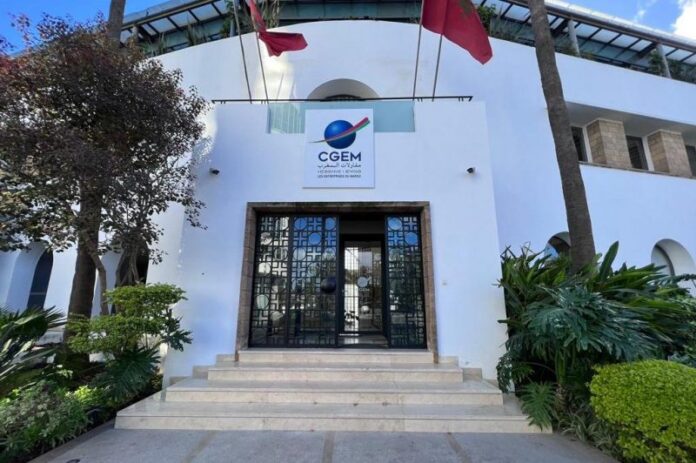The General Confederation of Moroccan Enterprises (CGEM) has unveiled a comprehensive review of its achievements in the ongoing discussions surrounding Morocco’s 2025 Finance Bill. Spearheaded by its Taxation and Customs Commission, the CGEM aims to bolster business competitiveness, particularly for small and medium-sized enterprises (SMEs), while paving the way for a bold reform of local taxation systems.
In March 2024, the CGEM launched an extensive consultation initiative involving federations, regional bodies, and various committees. This participative approach yielded nearly 200 proposals, which were meticulously analyzed and submitted to public authorities by July. These efforts bore fruit, with several demands being incorporated into the draft Finance Bill for 2025. Among the highlights is the revision of the personal income tax (IR), stemming from the landmark social agreement reached in April 2024.
The CGEM’s results strike a balance between easing corporate tax burdens and enhancing household purchasing power. Key measures include:
- Labor tax relief: Targeted measures to support SMEs and drive national consumption.
- Meal allowance increase: Tax-exempt meal allowances raised from 30 to 40 dirhams.
- Sector protection: Increased tariffs on table honey and deductible VAT on dry yeast.
- Emerging product regulation: A 200% import duty on CBD products.
- Online gaming oversight: A 30% withholding tax on winnings from foreign platforms.
- Business restructuring facilitation: Lowering ownership thresholds to two-thirds for fiscal restructuring eligibility.
- Extended investment incentives: Capital gains tax exemptions on asset sales extended to 2030.
A priority for 2025 is the reform of local taxation, particularly the professional tax. The CGEM is advocating for streamlined tax mechanisms to alleviate the burden on small businesses and local shops, fostering their growth and sustainability.
Through these measures, the CGEM reaffirms its role as a link between businesses and the government. The Taxation and Customs Commission remains committed to addressing the economic sector’s needs while laying the groundwork for a modern, adaptable fiscal framework.
As dialogue between the private sector and public authorities improves, Moroccan businesses enter 2025 with renewed optimism, buoyed by tangible progress and a clear path toward a more dynamic economic environment.





